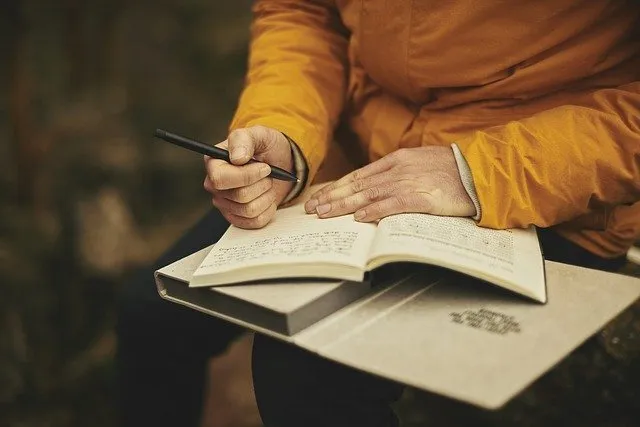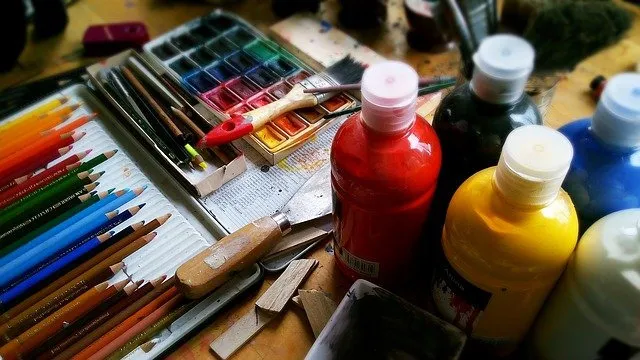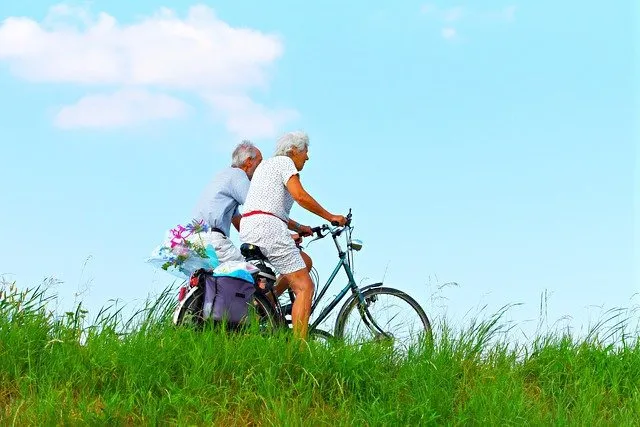What To Do When
Your Coping Skills
Don’t Work
Jan 6, 2022 | By: Hope for the Journey
“My coping skills don’t work!”
It’s a phrase that I know I have heard many times. People often come into my office with frustration on their faces, telling me that they have tried deep breathing, meditation, progressive muscle relaxation, but THEY DON’T WORK.
Let me tell you, I hear you.





Coping Skills Won’t Work For Everyone
Coping skills and self care can’t be a cookie cutter approach. Your needs are likely MUCH different than your neighbors. It is also normal for your tried and true coping skills to maybe not work as well in another time and space. When the pandemic started, a lot of people were left without access to many of the things that helped keep them regulated, whether it was time with friends, your favorite workout class, or attending events like concerts or sports games.
Coping Skills Won’t Work All The Time
A common mistake we make is assuming that coping skills and self care are rigid parts of our life. Once we find something that works for us, we may lock that in as what we do and call it good. What we fail to acknowledge is that self care is ADAPTIVE.
When you are sick with a cold, do you expect yourself to have the same work performance and get to the gym? No way! You take care of your cold with some hot soup and plenty of fluids! You adapt and adjust to what your body physically needs, so it shouldn’t be ANY different with our mental health. Deep breathing may work great for you when you are feeling anxious, but could feel entirely unhelpful when you are sad and low.
Coping Skills Don’t Always Work for ANYONE–Even Your Therapist
As a therapist, I am often asked about my own self care and coping. Most people are expecting a black and white response, or a quick fix, that they can take and apply to their lives. Unfortunately, the answer isn’t quite so simple. My own self care is fluid and adaptive, depending on feelings, needs, and capacity.
Let me explain. I would LOVE to go to the gym everyday for my self care. However, if I am feeling sick or in pain, the gym is probably not the best place for me to seek out self care. I might choose a hot bath, or meditative practice, or even my favorite Netflix show.
Some Coping Skills Might Even Hurt Rather Than Help
What’s important to remember about self care is that it shouldn’t make you feel worse. It should be something that helps alleviate stress, anxiety, depression, anger, and helps you feel more capable at taking on life’s challenges. Since your feelings and needs change, so should your self care and coping routine.
Coping Skills Won’t Work Unless You Listen To Yourself
Give yourself permission to adapt without guilt. Take some time to understand your body, your brain, and take stock of your skills. You likely have things you do regularly that you don’t even recognize at self care or coping. Here’s a list of some favorites to get you thinking about what you can do:
Read a book or listen to a podcast/book about a subject you enjoy
Make music playlists for each mood (i.e. a playlist that makes you feel STRONG)
Get that yummy coffee/tea/juice drink that makes you feel happy
Move your body in a way that feels comfortable (stretching, walking, or maybe kickboxing!)
Light a candle or run an aroma diffuser with your favorite smell
Practice mindfulness or meditation
Do something creative, like drawing, painting, writing, or crafting
Spend time with someone you enjoy, family, friend, partner, or pet!
Make a gratitude list of five to ten things you feel thankful for
Schedule an appointment with a therapist to help you discover and explore your own self care.
Coping Skills Won’t Work The Same For Everyone
Remember, everyone is different. What works for me may or may not work for you or others. Be willing and open to explore what feels right for you and understand that the same thing may not work tomorrow. You’re adapting every day, your self care & coping skills should too.
Other Services Offered At Hope For The Journey
We offer a variety of services from our Round Rock and Austin therapy offices. Mental health services include therapy for anxiety and depression, domestic violence, sexual assault, PTSD, and EMDR. Our team also provides support for family members of all ages with counseling for teens and young adults, children and tweens, couples, men, and parents/partners. Contact us today to learn more about our team and community involvement!
